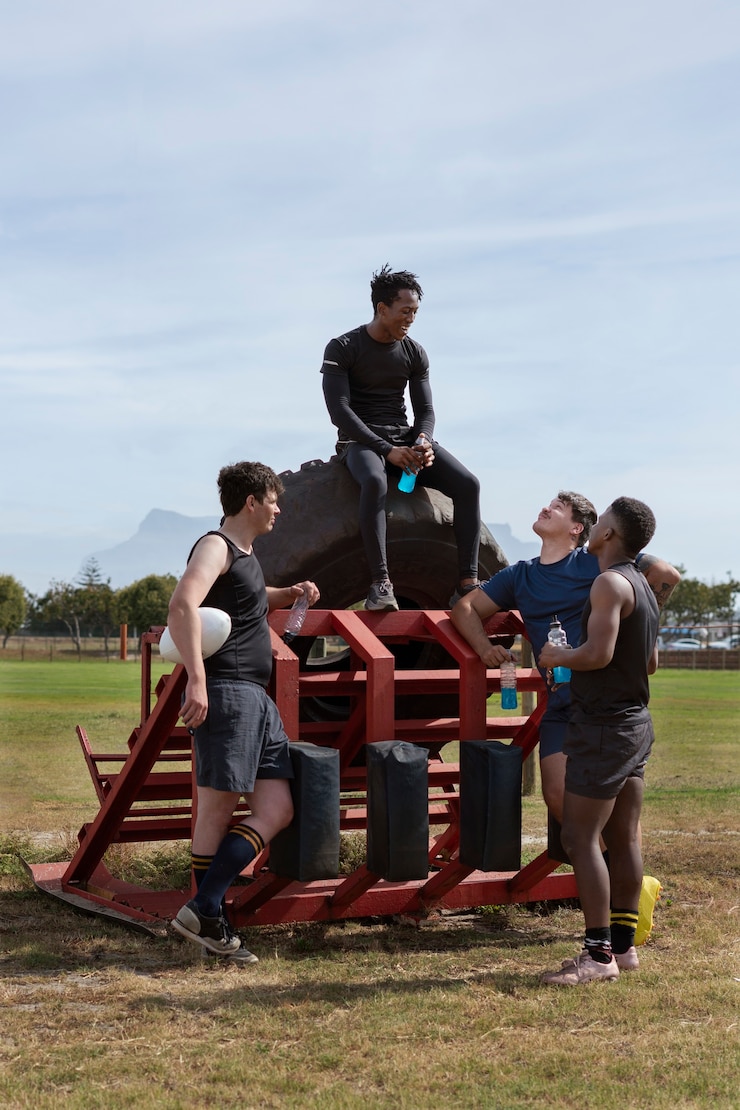
1. **Staying Strong: Fitness Strategies That Work for Every Body**
2. **Empowered Movement: Fitness Tips for All Abilities**
3. **Adapting Fitness: Practical Ways to Stay Active with a Disability**
4. **Inclusive Wellness: Making Fitness Work for You**
5. **Stronger Every Day: Fitness Guidance for People with Disabilities**
Let me know if you’d like the tone to be more formal, playful, or tailored to a specific audience.
Around 650 million people worldwide—about 10% of the global population—live with some form of disability. No matter the physical or mental challenges, everyone deserves the chance to achieve their best possible health and well-being.
Disability is a broad term that covers a wide range of conditions, and while each person’s experience is unique, there are still ways to support a healthier lifestyle. Even those facing significant limitations can take steps to improve their health.
Here are five practical tips for better health if you’re living with a disability:
First, focus on eating a balanced diet. While this advice applies to everyone, it’s especially important for people with disabilities to understand what foods work best for their bodies. For example, if you have gluten sensitivity or digestive issues, choosing foods that don’t trigger symptoms can make a big difference. Think of food as fuel—leafy greens like spinach and kale, lean proteins, and plenty of fruits and vegetables can help keep your body energized and functioning well.
Next, keep moving—no matter your mobility level. Even small amounts of physical activity can have a big impact. Take someone with Parkinson’s disease, for instance. Research shows that riding a stationary bike or doing light exercises can significantly reduce tremors. Physical activity also boosts serotonin levels, which can help ease depression and anxiety.
Sleep is another key part of staying healthy. Most people need between 6 to 8 hours of sleep, but everyone’s needs are different. Some may feel refreshed after just 6 hours, while others need closer to 10. The important thing is to find the amount of rest that helps you feel your best.
Mental health matters just as much as physical health. It can be tough to accept a disability, especially if it happened suddenly, like after an accident. Talking to a counselor or joining a support group can help you process your emotions and adjust to your new reality. If needed, a disability lawyer can also assist with navigating legal or financial challenges.
Finally, don’t underestimate the power of fresh air and sunshine. Spending time outside—even if it’s just sitting on a porch—can boost your vitamin D levels and improve your mood. Aim for at least 20 minutes of sunlight each day to help your body and mind feel more balanced.
Managing stress and following these simple steps can lead to a healthier, more fulfilling life. You don’t have to face everything alone—taking small, consistent actions can make a big difference in your overall well-being.